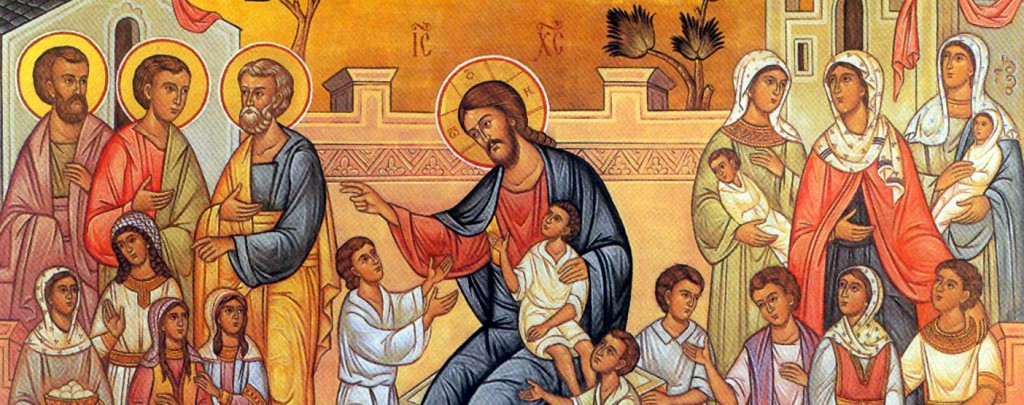
St. Paul’s innovative church school program has begun for the 2015-2016 year. We will continue the “one room school house” approach.
Here’s how it works:
- Teachers (1) and helpers (2) sign up for one-month commitments and are given all the curricular training they need before their commitment begins.
- The students are dismissed at the end of the Divine Liturgy before the announcements and share their own coffee hour time.
- While the adults head to their coffee hour, the students return to the church for their group lesson.
- The teacher gives the lesson for the first half.
- For the second half, the students are broken up into age groups and given appropriate projects and assignments related to the lesson, led by the teacher and the helpers.
- When they’re finished, the students are returned to their parents’ care, where they can finish coffee hour together.
Here are 5 things you can do to support your child and our church school staff:
- Come to church on time, at least 10 minutes before the Divine Liturgy begins at 9am. Being on time is a signal to your child that church is important. And then stay all the way through church school. It is disruptive to remove your child early, so plan on staying! And you get to deepen your relationships with fellow parishioners during coffee hour.
- Come to church consistently. Coming every Sunday — at a minimum — also shows your child that you are serious about your love for Christ and His Church. This consistency also helps to make sure that your child does not have gaps in his/her knowledge of the Scriptures and the other lessons being taught.
- Discuss the lessons at home after church. When you do this, it helps to solidify the knowledge in your child’s mind and heart, and it also shows him/her that our faith is something we live not just at church, but also at home and everywhere. Start by doing this in the car while riding home!
- Interact with teachers and helpers. Ask them how you can help your child prepare, what you can do to lighten their load, and how you can pray for them.
- Pray for your child. A parent who prays for their child is one who is concerned with the deepest and most important part of parenting. Pray not only that your child will learn knowledge about God and the teachings of the Church but also that your child will know God in an authentically personal way.
- Suggested questions to ask (not just “What did you do in Sunday School?”): “Who was your lesson about today?” “Who taught the lesson?” “Which of your friends were there with you?” “How did your activity expand on the lesson?” Leading questions answering the “Who?” and “How?” are what work best.